Just like us, your pets feel the cold. Here are a few things to keep in mind as you’re caring for your pets during these colder months.

Keeping Pets Warm and Comfortable During Winter
Older dogs and cats are affected by cold weather. Just like humans, their joints feel the cold therefore they may move more slowly and be a little more stiff than usual. Additionally, older pets may be more prone to slipping on wet, icy sidewalks and walkways, so consider safety as you determine what time of day and where to take your walk.
Different builds handle cold weather differently. It’s an obvious and correct assumption that short-haired pets feel the cold sooner than those with coats of thicker, longer hair, but it’s also important to remember that short-legged pets will feel the cold faster too! With their bellies closer to the ground, a smaller dog (and cats) will feel the cold much sooner than a larger dog.
Are they in good health? Pets who have recently had wellness exams are usually prepared for colder weather. If you need to get your best friend to the vet, now’s the time. Making sure they’re in good shape as colder weather moves in will help ensure they have enough muscle, body fat, healthy coat and skin, and that they’re in good condition overall to handle cooler temperatures, shorter days, and shorter times outdoors.
Are YOU ready? Winter means storms, power-outages, and even being snowed-in. Make sure you’ve got enough food, vitamins and medications, and clean, fresh water to keep your pets healthy in the event of a natural disaster or state of emergency due to adverse weather conditions. Keep in communication with your vet if your pet has special medical needs, and try to get emergency contact info for them if necessary.


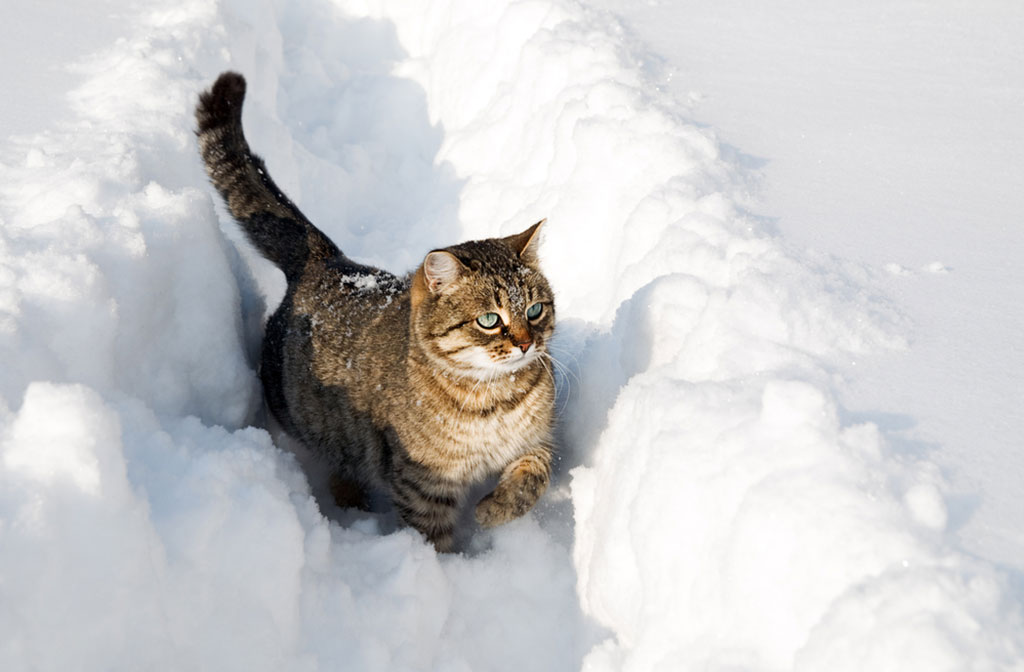

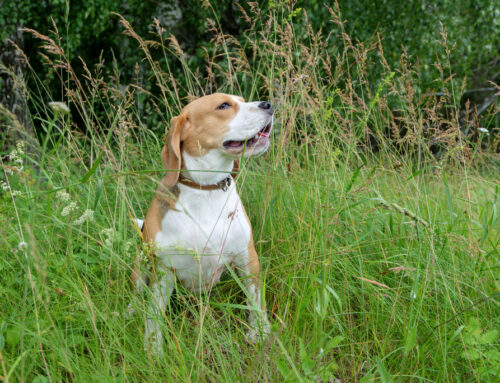
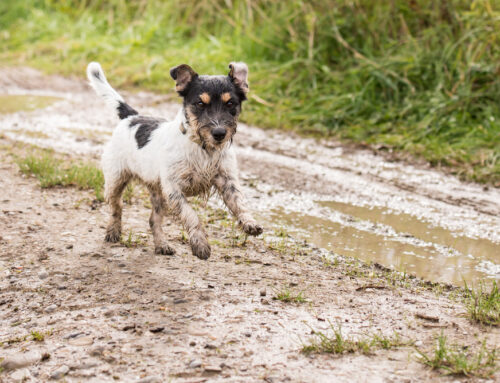
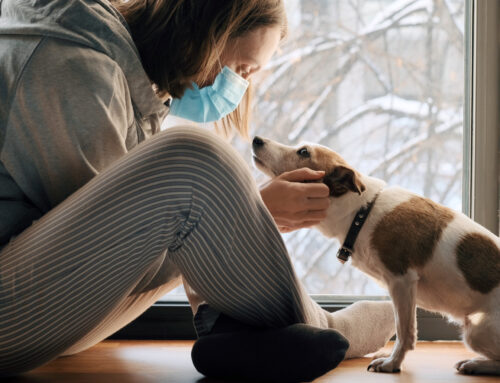
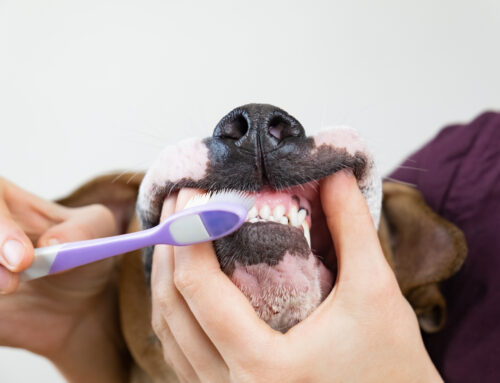
Leave A Comment